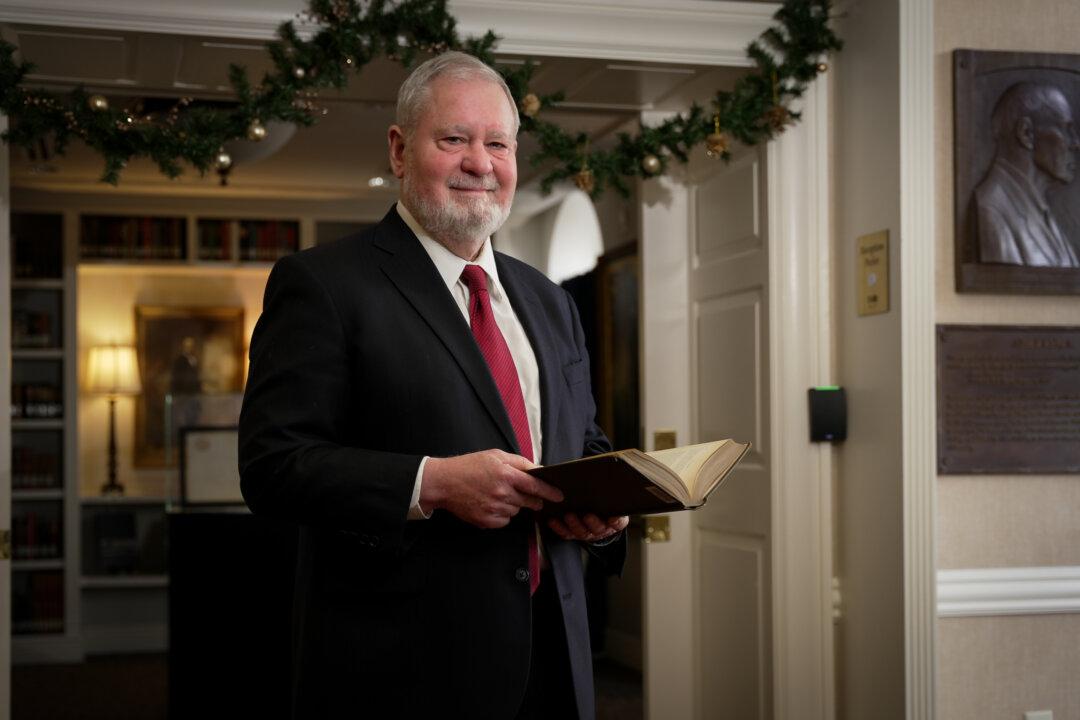“The trouble with tyranny,” says Larry Arnn, “is it takes the best in us, and interferes with it. Whereas better to let our best flourish, and then we can be happy.”
In a recent episode of “American Thought Leaders,” host Jan Jekielek spoke with Larry Arnn, president of Hillsdale College and a professor of history and politics. They discussed such topics as the past, the meaning of education, the role of experts in government, and tyranny.






